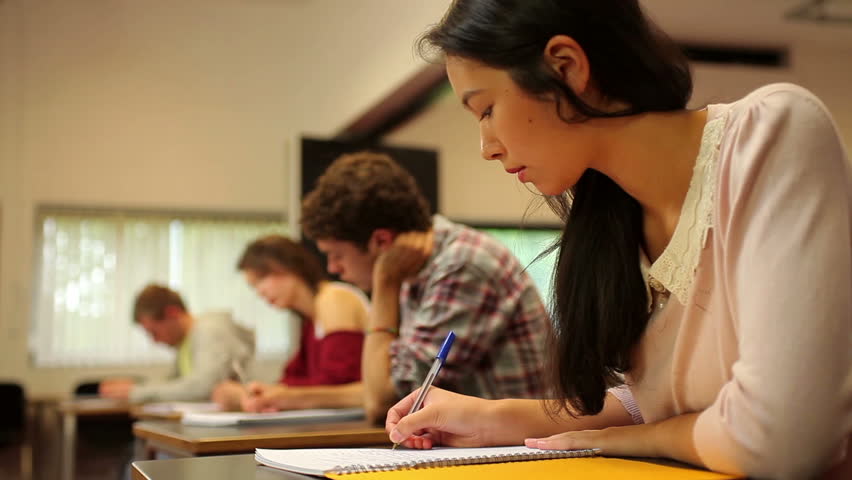
A recent New York Times opinion piece explaining the author’s decision to ban laptops in her class has generated many rebuttals centering mainly on two issues. First, and in my view by far the most important, students with learning issues may need laptops, and a ban unfairly stigmatizes these students. Second, a ban requires students to ask permission to do something that ought to be the student’s decision. As someone who learns and teaches better in a technology-free environment, I am unhappy with much of what I have read in opposition to technology bans. Many proponents of banning bans are using the same black and white “one size fits all” rhetoric that they deplore in the context of “no technology” policies.
My job – and the job of every instructor – is not to design the single perfect technology policy, but to implement my policy with respect for the different and sometimes conflicting learning styles in my classroom.
Some students require the presence of laptops or other forms of technology in order to learn effectively; others require an absence of technology in order to learn effectively. That means it is not possible for a single laptop policy to work equally well for all students (or all teachers) all the time. Both technology bans and technology not-bans have up sides and down sides. A constructive conversation about this issue should start by acknowledging that basic fact.
Why might a technology ban make good sense? I get very distracted when people near me use a computer. I recently attended a performance during which my neighbor was using her phone. Reluctant to call out a complete stranger, I draped a scarf on that side of my head to block my view of her phone. Needless to say, this interfered with my attention to the performance. The main reason I ban devices in my classes is related to that scarf: I do not want my students to be distracted by their classmates’ computers. This is a serious problem with devices in class, and those who oppose bans without giving this issue due consideration are doing everyone concerned a disservice.

Many educators say that students know best what works for them, but do they? Given everything we know about the addictive power of technology, it is wishful thinking to imagine that students are capable of using their computers only for class-related purposes. I observed a class taught by one of my department’s most dynamic and popular teachers, yet all around me students were on Facebook, shopping, and so on. The fact that even these students are surfing the Internet during class suggests that students being distracted by the Internet is an unavoidable result of allowing computer use. It should not be seen as a failure of either the students or the instructor.
Moreover, many students are still figuring out how they learn best, and being asked to use different modes of note-taking can help them understand their own learning process. I had a fascinating exchange recently with a student in my lecture class, who confessed rather shame-facedly that she appreciated the ban because she had discovered that she learned better without her laptop.
But there’s a problem: what about students with learning differences who need their computers? If I allow only students with learning differences to use laptops, am I stigmatizing them by accommodation? I recognize my responsibility to minimize the difficulty my policy of banning laptops causes to those who either prefer or require a laptop in class. But I approach this recognition with honesty, transparency, and deliberate choice. When I explain my technology policy to my students, I tell them why this is my policy, I express my regret to the students for whom the policy may be a burden, and I emphasize that I am of course happy to work with students who have accommodations allowing them to use a laptop. Based on my positive interactions with my students who have accommodations, and the lack of complaints about my policy in my course evaluations, this seems to work. Is it perfect? No, but then, no single policy can suit everyone in the classroom. My job – and the job of every instructor – is not to design the single perfect technology policy, but to implement my policy with respect for the different and sometimes conflicting learning styles in my classroom.
If we back off our blanket calls for banning one particular kind of technology policy, and instead use our various technology policies as an opportunity for dialogue about different learning styles, then technology in class could make a real contribution to everyone’s learning.

Deborah Beck Associate Professor, Department of Classics Dr. Beck's research interests include formulas and oral aesthetics in early Greek poetry; cognitive theories of reading and image processing; speech and speech representation in Homeric epic; representations of art and interpretation in Augustan Latin poetry.

